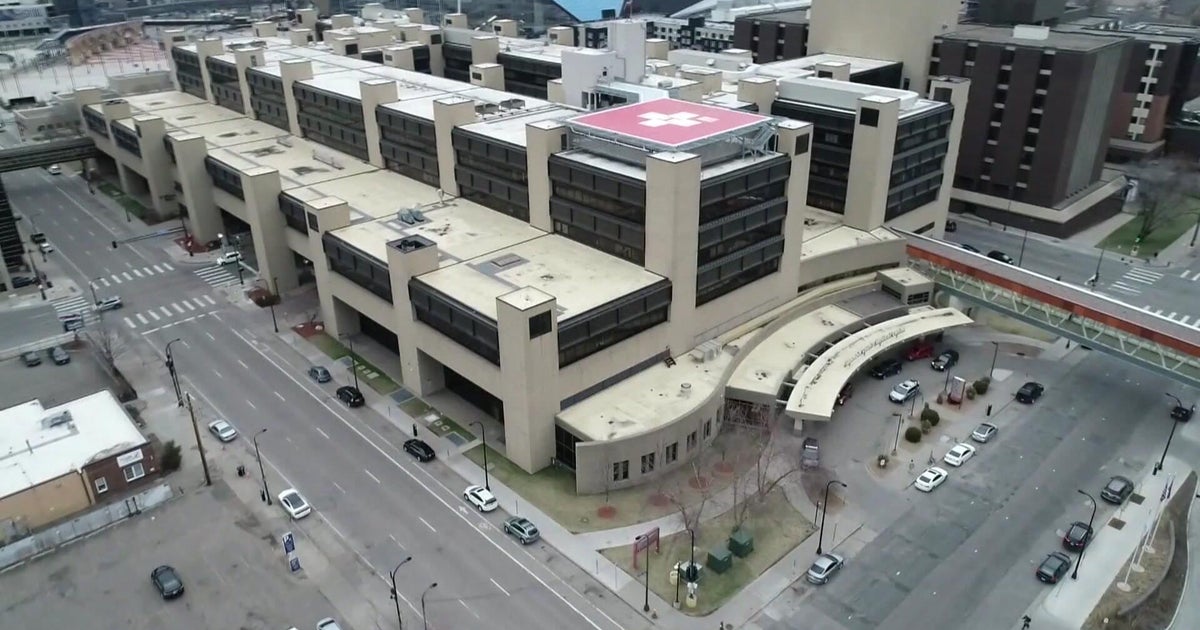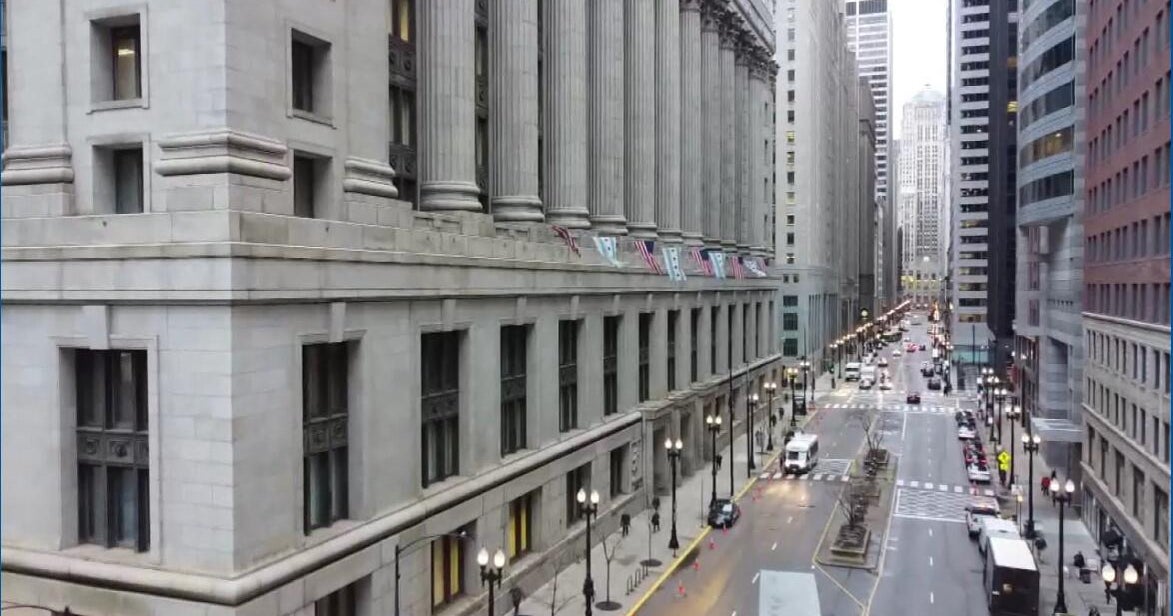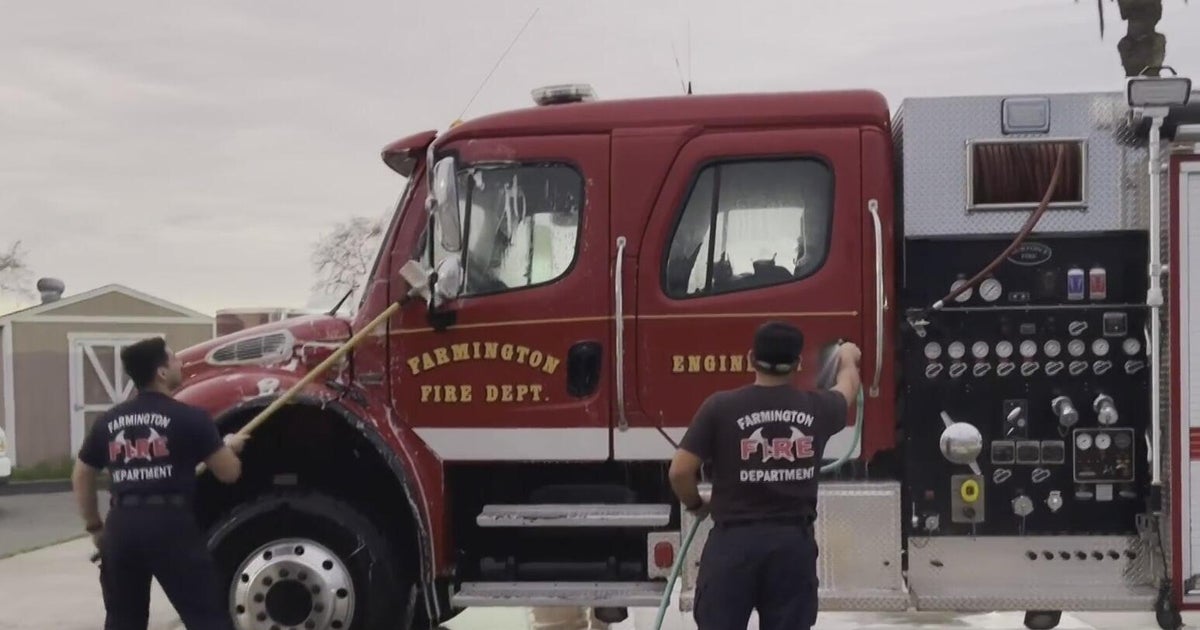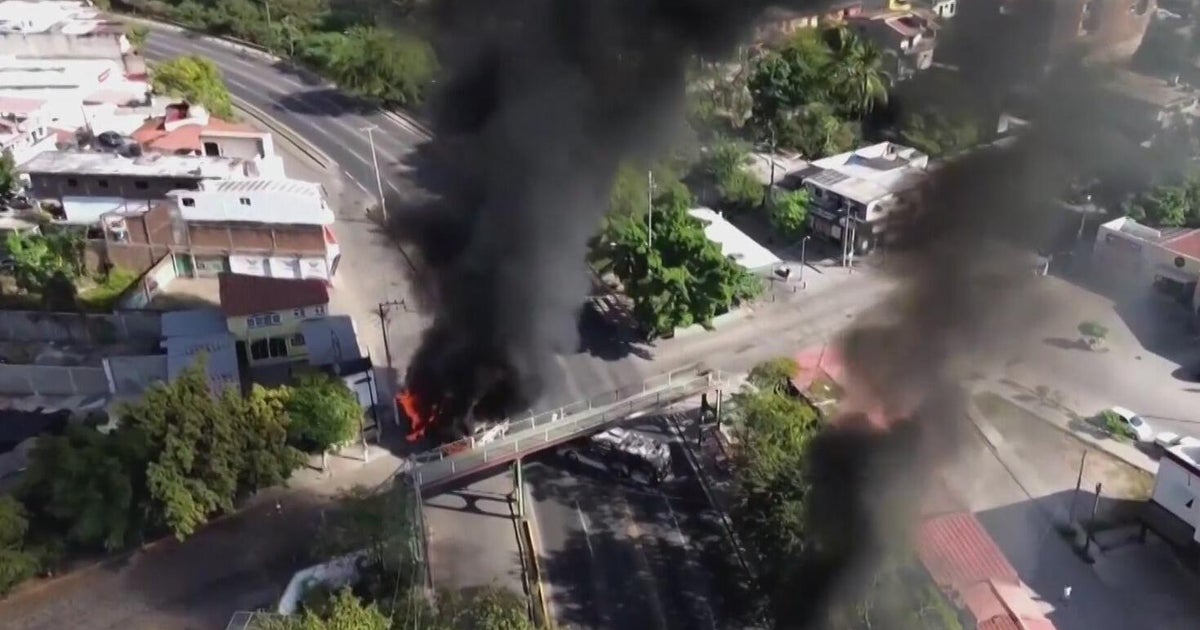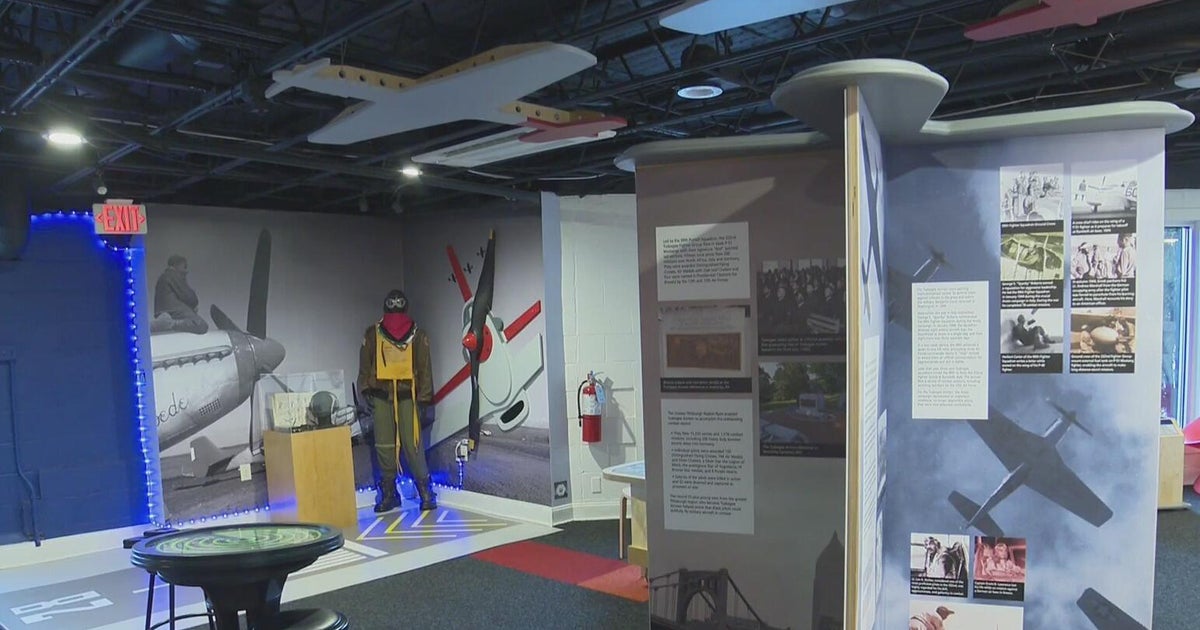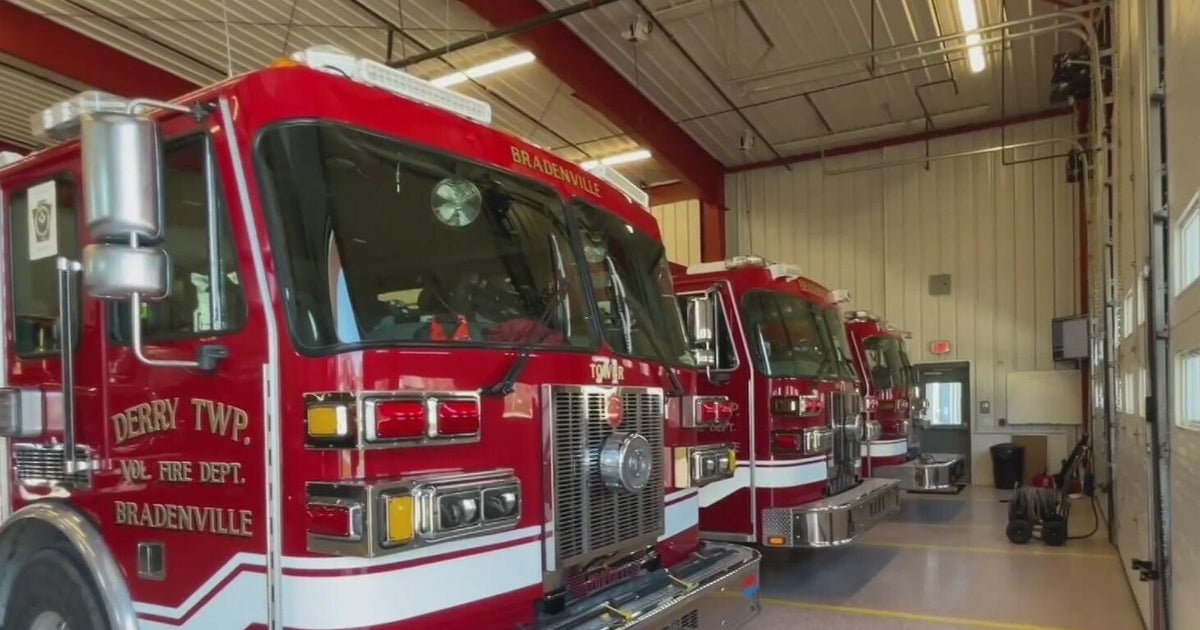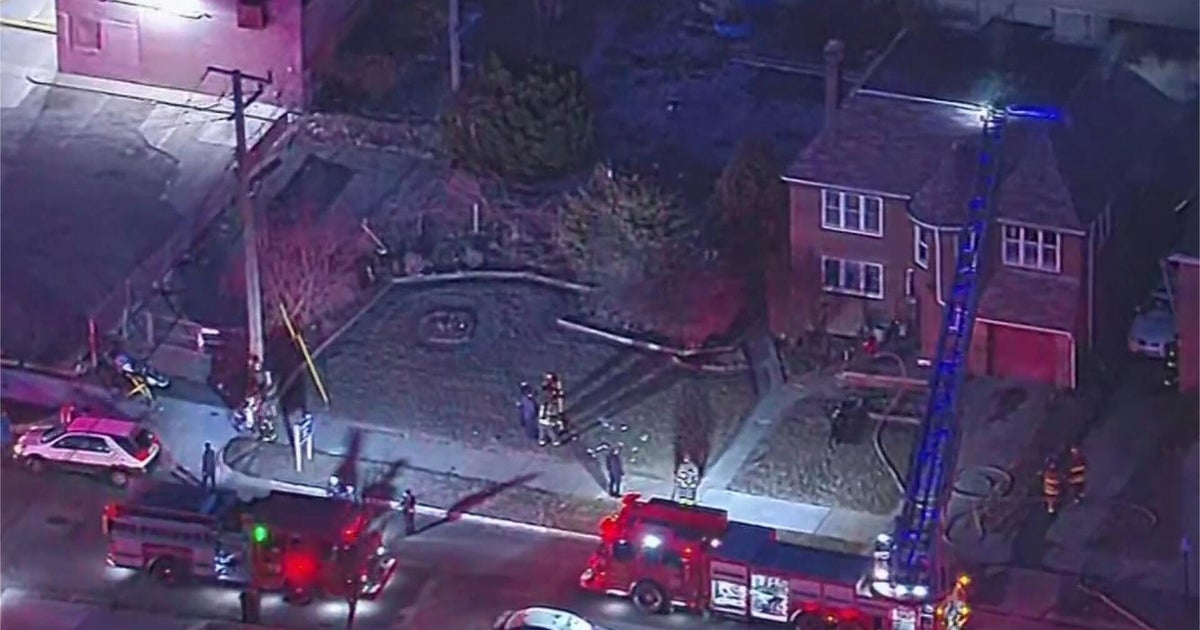Community paramedics program seeking to transform approach to healthcare
CHICAGO (CBS) -- Transforming healthcare in the safety net. That's the goal of the Chicago-based non-profit Medical Home Network, which is now a year into a unique partnership with the Chicago Fire Department.
Those involved say the pilot program is showing early signs of success.
One early measure of success leaders are pointing to is a reduction in unplanned hospital and emergency room visits for patients who are part of the program. They said they are doing that by meeting patients where they are. That means CFD community paramedics actually going to patients' homes, sitting in their living rooms, and becoming partners in their health.
In the case of an emergency, Chicago Fire Department paramedics know what to do: "Move quickly." But for CFD community paramedics Luke Muzyka and Lauren Jinkensen, "This is very much, 'let's take time.'"
Instead of responding to a crisis, they work to prevent it, spending their days visiting patients like Demetrica Daniels.
Daniels said, before Muzyka and Jinkensen, she was struggling to manage several chronic health conditions, including hypertension and diabetes.
"I'm like, 'Lord, I got to make a change, because I'm tired of going to the doctor, and every time he check my A1C level, it's up,'" she said.
Daniels was referred to the program by her doctor at the Roseland Health Center, which is part of Medical Home Network – a non-profit working to transform healthcare in the safety net.
A year into the pilot phase, the MHN Paramedic Partnership works like this: Medical Home Network serves as the connector between the Chicago Fire Department community paramedics and MHN's partner practices – including Chicago Family Health Center, Sinai Medical Group, and Friend Health.
"What we found is that our paramedics had a lot of desire, but not a lot of resources to connect individuals for. MHN had a lot of resources, but a lot of difficulty sometimes connecting and reaching out to individuals to put those two things together," said CFD District Chief Jonathan Zaentz.
Zaentz called the community paramedic program the future of healthcare, improving outcomes for patients who might have otherwise slipped through the cracks.
"We look for patients who are not engaged, and they have chronic diseases such as hypertension, COPD, diabetes, and they're not being managed properly," said Tracey Robinson, director of care coordination at Friend Health.
That's where paramedics come in – educating patients like Daniels, and providing her with tools to monitor and manage her own health.
"There is just nothing better … than meeting a patient where they are, in their home, being able to open a refrigerator and see the food that's in their refrigerator, in their cabinets, being able to actually look at medication bottles," said Tina Spector, vice president of care innovation & quality at Medical Home Network.
Spector said, not only do patients trust the paramedics, but home visits tend to make patients more accountable to themselves, and there may be nothing more powerful in healthcare than that.
"I'm about to cry right now, because I really feel good about myself," Daniels said.
Daniels recently graduated from the program. She's one of 33 patients involved so far. Eight CFD paramedics are doing this work full-time, and they've helped patients with everything from getting transportation, nutrition support, installing working fire alarms, and equipment like scales and glucometers.
